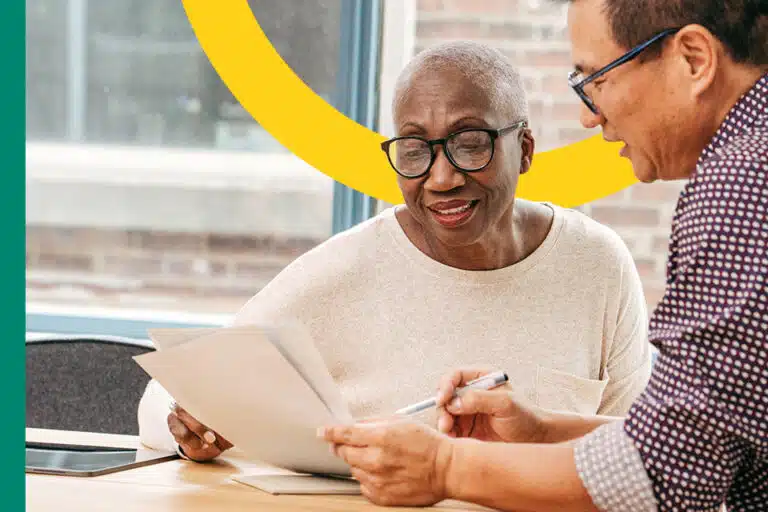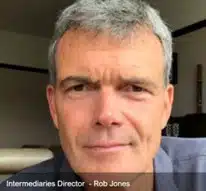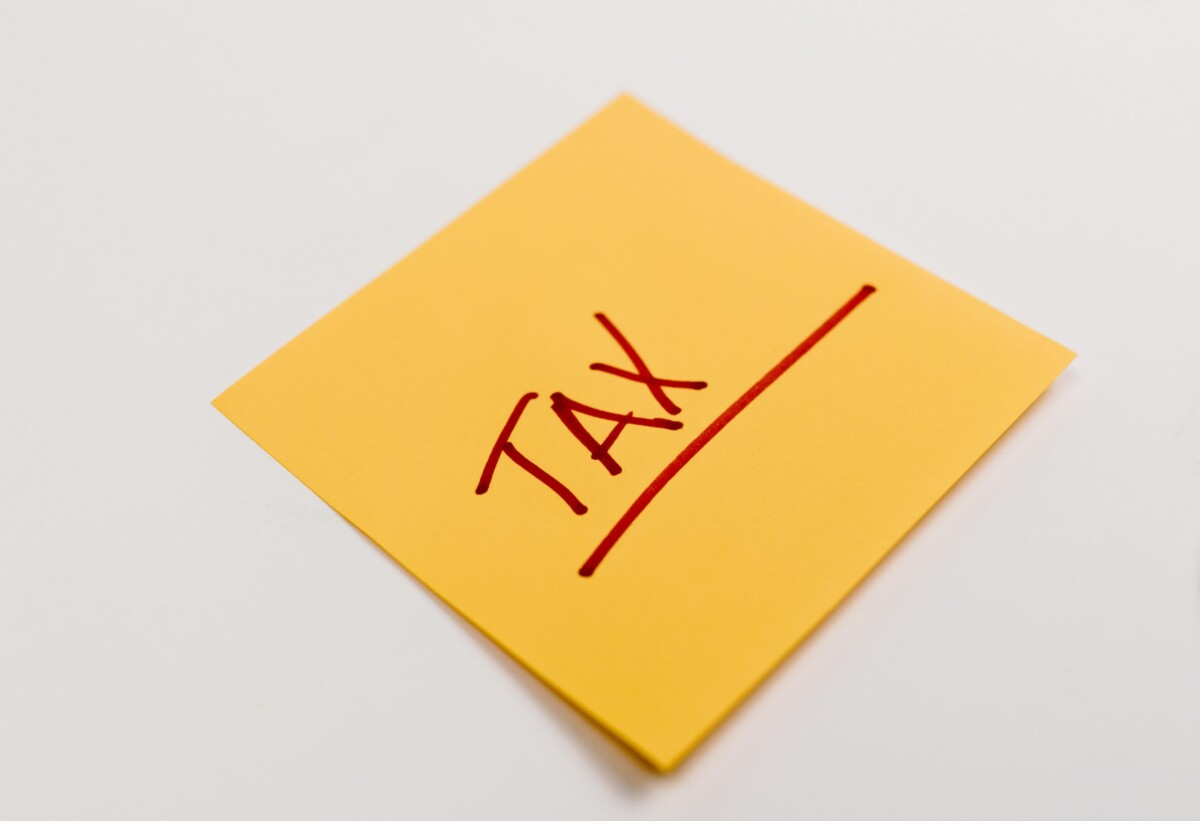How HMRC awards grant funding to voluntary and community groups

For more than 20 years, HM Revenue and Customs (HMRC) has been providing funding to voluntary, community and charitable groups to support customers who may need extra help in fulfilling their tax obligations and claim the correct benefits. This evolved into HMRC’s Voluntary and Community Sector Grant Funding Programme.
With a new round of funding starting UK Fundraising asked the policy experts at HMRC what difference it has made.
How did the programme come about?
For many years Grant Funding has been used across government to help departments target those who will benefit from policies and communicate changes to them. In 2003, with the introduction of Tax Credits, the Inland Revenue awarded a grant worth £500,000 to voluntary and charitable groups to provide extra support to customers who may need help to claim the correct benefits and entitlements.
By 2005, when the Inland Revenue merged with HM Customs and Excise, a multi-year funding arrangement, of £1 million annually, was offered to third sector organisations to support customers who may face difficulties dealing with the newly-formed HMRC. The purpose of the funding was to ensure customers paid the right amount of tax and claimed the benefits they were entitled to.
Advertisement
How else do you help customers who may need extra support?
HMRC’s Customer Directorate was set up in 2008 with the aim of developing a greater understanding of customers’ needs. It undertook research into the specific needs of customers who may need extra help and as a result, a dedicated customer service team called the Needs Enhanced Service (now known as the Extra Support Service) was established in 2011. Extra funding was secured to support voluntary and community organisations to work closely with the team to ensure free, accessible advice and support was in place for customers who may need help with their tax and entitlements ahead of the start of HMRC’s digital transformation programme.
The HMRC Voluntary and Community Sector (VCS) Funding Programme was set up in 2014 to address any gap in customer support and specifically aims to support customers who:
- may face difficulties in understanding their tax obligations
- may have complex needs
- are digitally excluded from accessing HMRC services
How was the fund set up?
Funding principles are aligned to Cabinet Office guidelines. These include research and insight behind the proposed objectives of the scheme, the design of the programme which includes the application process, guidance and sift criteria. Once the application process is closed, two rounds of short listing take place and due diligence procedures are completed before a grant funding contract, which includes key performance indicators and evaluation, is agreed with each organisation.
Each organisation has a designated account manager from HMRC’s Grant Funding Programme team
who meets with them regularly to address any queries and to ensure due diligence. The organisations also submit quarterly figures and mid-year and annual reports.
How support for customers has evolved?
Grants were awarded on an annual basis until 2021, when it was decided to award funding for a longer period in recognition of the valuable work done by VCS organisations to support customers – and to reduce the administrative impact both on the sector and HMRC. HMRC’s schemes are now generally for 3-year periods with regular funding payments to the successful organisations.
For two decades, more than £25 million has been awarded to a range of organisations with specialist
knowledge and expertise including organisations who can provide specialist tax advice as well as those offering general wide-ranging advice; groups supporting single parents, older people, refugees, those who are digitally excluded, blind and deaf customers as well as a range of debt support agencies.
HMRC’s Extra Support Team of 100 advisors are able to liaise with all lines of business internally and with external agencies, including other government departments, on behalf of customers. Customers are supported over the phone, through webchat, via email and post and face-to-face or video call if required. HMRC also has a Voluntary Sector Tax Resolution (VSTR) team who work alongside the Extra Support Team and can support VCS organisations with a proportion of their more complex individual tax cases.
How effective is the support?
In the last eight years alone, awarded organisations, working hand in hand with HMRC’s Extra Support Team, have supported nearly 320,000 customers over the phone, via emails or face to face. In that time nearly £8.5 million of tax liability has been reduced and more than £11 million in benefits claimed.
Starting in April, 12 organisations – some new to the programme and some that have been awarded funding before – received a share of £5.5 million to continue to provide tailored tax and benefits advice to those customers who may need it over the next three years.
For more information about HMRC’s Voluntary and Community Sector Grant Funding Programme
and which organisations are being funded, go to GOV.UK.

Rob Jones was appointed Director of Intermediaries at HMRC in January 2022, moving there from a strategy and customer relations Director role in HMRC’s Borders and Trade group.
Intermediaries Directorate’s core aim is to progress the Tax Administration Strategy and support the commitment to build trust in the tax administration system. In particular, it ensuring that tax agents and other intermediaries operate effectively and fairly to add value for customers and HMRC and that HMRC develops the right services and relationships to support intermediaries in their work.
Before joining HMRC, Rob spent much of his earlier career in the Home Office. Starting as an Immigration Officer in Dover and enjoying roles in the Home Secretary’s private office, asylum and family policy, tackling human trafficking and illegal migration, EU police and judicial co-operation and Brexit negotiations. Rob has also spent time in the FCDO and in the European Commission after completion of a Master’s degree in European Studies and International Relations.




